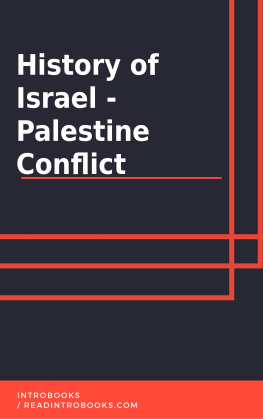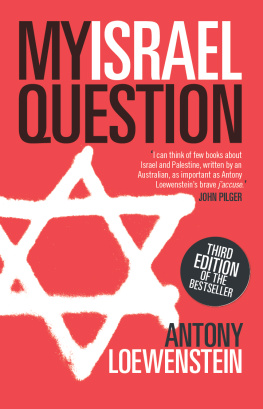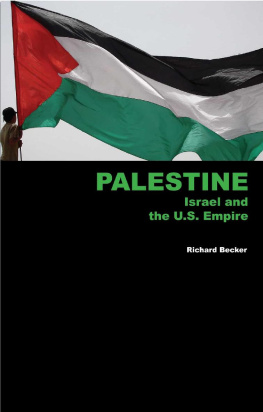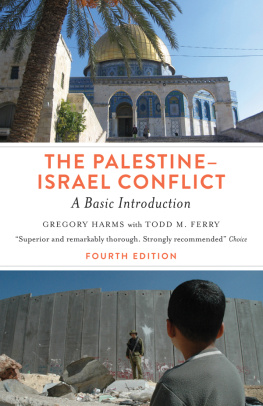Copyright 2019 by Nicholas Blincoe
Cover design by Pete Garceau
Cover photograph Jordi Salas/Alamy Stock Photo
Cover copyright 2019 Hachette Book Group, Inc.
Hachette Book Group supports the right to free expression and the value of copyright. The purpose of copyright is to encourage writers and artists to produce the creative works that enrich our culture.
The scanning, uploading, and distribution of this book without permission is a theft of the authors intellectual property. If you would like permission to use material from the book (other than for review purposes), please contact permissions@hbgusa.com. Thank you for your support of the authors rights.
Bold Type Books
116 East 16th Street, 8th Floor New York, NY 10003
www.boldtypebooks.org
@BoldTypeBooks
Originally published in 2019 by Constable in Great Britain
First US Edition: October 2019
Published by Bold Type Books, an imprint of Perseus Books, LLC, a subsidiary of Hachette Book Group, Inc. Bold Type Books is a co-publishing venture of the Type Media Center and Perseus Books.
The Hachette Speakers Bureau provides a wide range of authors for speaking events. To find out more, go to www.hachettespeakersbureau.com or call (866) 376-6591.
The publisher is not responsible for websites (or their content) that are not owned by the publisher.
Library of Congress Control Number: 2019948349
ISBNs: 978-1-56858-888-9 (paperback), 978-1-56858-887-2 (e-book)
E3-20190913-JV-NF-ORI
Dedicated to the Sons of Jaffa Orthodox Football Club
T he Palm Court was a scrappy little football stadium by the rail tracks in Jaffa, overlooked by a few tall date palms, hence the name: a sardonic reference to the grand salons of hotels like the Ritz in London or the Alexandria in Los Angeles, where dance orchestras played the new jazz hits under domed glass ceilings. The playing surface was usually dusty and dry, but the night before the big match, a winter storm blew in from the sea. The weather in Jaffa is almost always unseasonably hot, no matter what the season, but when the weather breaks, the sky turns to slate and the rain comes down hard. The stadium was laid out in what had once been orchards, beneath a long high ridge that had provided shelter for the fruit trees. The ridge was no longer much shelter, as new paved roads created a slick surface for the rainwater. The water cascaded downwards, too fast for the drains to carry to the sea or for the earth to absorb. At dawn, a construction crew began work filling the puddles and repairing the surface with barrowloads of fresh sandy soil. The old orchards were still designated as farmland under Ottoman zoning laws, though the fruit trees had been cleared to leave just those few stray, swaying palms. To the east there was a long row of tin-sided workshops. To the west, a breezeblock clubhouse known as the Maccabi barracks, a reminder of the Maccabi sports clubs origins in 1905 as a kind of military boys brigade.
This was 8 January 1924. Jaffa was the main seaport of Palestine and had been under British control since it was captured from the Ottoman Army of the Levant on 16 November 1917. The home side, Maccabi Tel Aviv, took its name from the new Jewish suburb on the hills above the orchard. The name Tel Aviv combines an archaeological term for a fortified mound, Tel, with the Hebrew word for spring-time. It was the building of the suburb that had caused the pitch to flood. The visitors were the all-conquering Hakoah Vienna, the football team of the Austrian citys Jewish sports club. With 5,000 members, Hakoah Vienna was not only the biggest sports club in Austria, but probably the largest in all of Europe. The team arrived with a ninety-strong entourage, comprising athletes and well-wishers. Their short Middle Eastern tour had begun in Egypt with games in Alexandria and Cairo, and would continue against British military sides in Haifa and Jerusalem, but the biggest crowds turned out for this all-Jewish game.
By 8 a.m., 1,000 people were waiting to greet Hakoah off the Egypt train at Tel Avivs brand new train station. By the afternoon, 10,000 spectators had descended on the Palm Courtand the workmen were still struggling to dry out the ground. The crowd were held back from the pitch by British and Jewish policemen. Many clambered on the roofs of the surrounding barracks and makeshift buildings. The best views came from the single wooden stand, reserved for the local celebrities and dignitaries, including the grandest of all, Sir Herbert Samuel, the first British High Commissioner for Palestine.
The wartime occupation of Palestine had officially ended in 1920 when Britains allies recognised British imperial rule over the country. Sir Herbert, a Liberal politician from a Liverpool family, was the first Jewish ruler of Palestine since the Roman era, something that had become a point of pride for the British and, indeed, Sir Herbert himself. He cut a dandyish figure at the football match in his tropical dress whites, the long white ostrich feathers on his helmet flapping in the winter breeze.
Before the game kicked off, the crowd was treated to gymnastic displays. Athletes paraded in white to represent youth, purity and the classical age of the first Greek Olympics. The original Maccabi had rebelled against Greek rule in the second century bc (maccabi means hammer in Aramaic), so a cynic might feel the Greek allusions were out of place, but the club put on an impressive show. The girls in their long skirts, the men in slacks, performing star jumps and synchronised dips and bends, ending with the famous showstopper: a human menorah. This polished routine had been choreographed by the club secretary, a 24-year-old ex-soldier named Yosef Yekutieli who had served as a gym instructor in the Ottoman army. A photograph of Yosef taken in 1929 shows him in his Maccabi uniform, which resembles the dress whites of a naval officer. He and Sir Herbert would have made a matching pair on that blustery wintery day on the Palm Court. After the gymnastic display, the party from Hakoah Viennaplayers, gymnasts, swimmers, wrestlers and officialsparaded beneath their blue and white club banner embroidered with the Magen David symbol. The Maccabi sent out a brass band, and quiet fell as the Palm Court echoed to the first notes of the British national anthem, God Save the King, followed by Hatikvah, the song of the Jewish nationalist party, the Zionist Organization (ZO). The entire display was designed to resemble a state event, and Yosef held himself like a state official. His great dream was to lead a team from the Maccabi at the Olympics. He had pinned his hopes of Olympic glory on membership of the International Association of Athletics Federations (IAAF). Unfortunately, six months earlier, Yosefs application to the IAAF had failed because the association did not see how a Jewish sports club could represent the whole population of Palestine. There were 85,000 Jews living across the country, according to the 1922 census, or 11 per cent of Palestines population. It was only in Jaffa and the surrounding district that the Jewish population had grown to be a real demographic force. The same 1922 census put the population of Jaffa at almost 48,000, of whom 20,000 were Jewish, while a further 15,000 Jews lived in Tel Aviv. The numbers continued to rise as construction work attracted Jewish workers from Hungary, Czechoslovakia, Poland and beyond.









